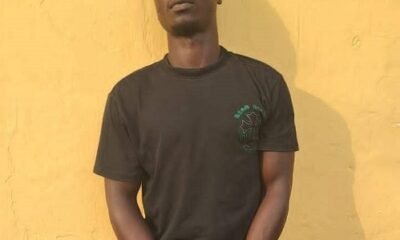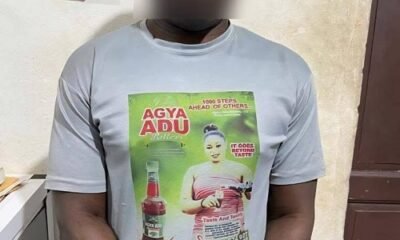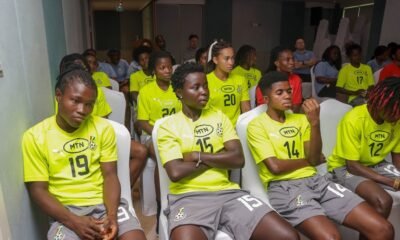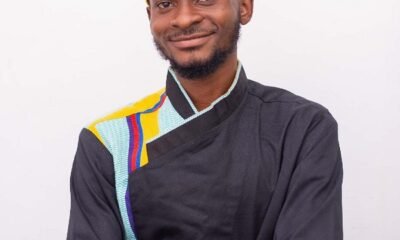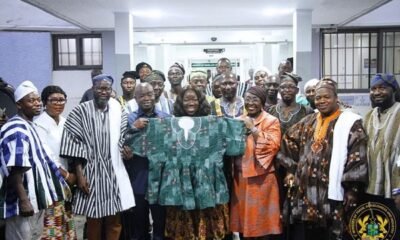Profile
Raising disciples, and families …Mission of Rev. Dr Kisseadoo’s Fruitful Ministry Int’l
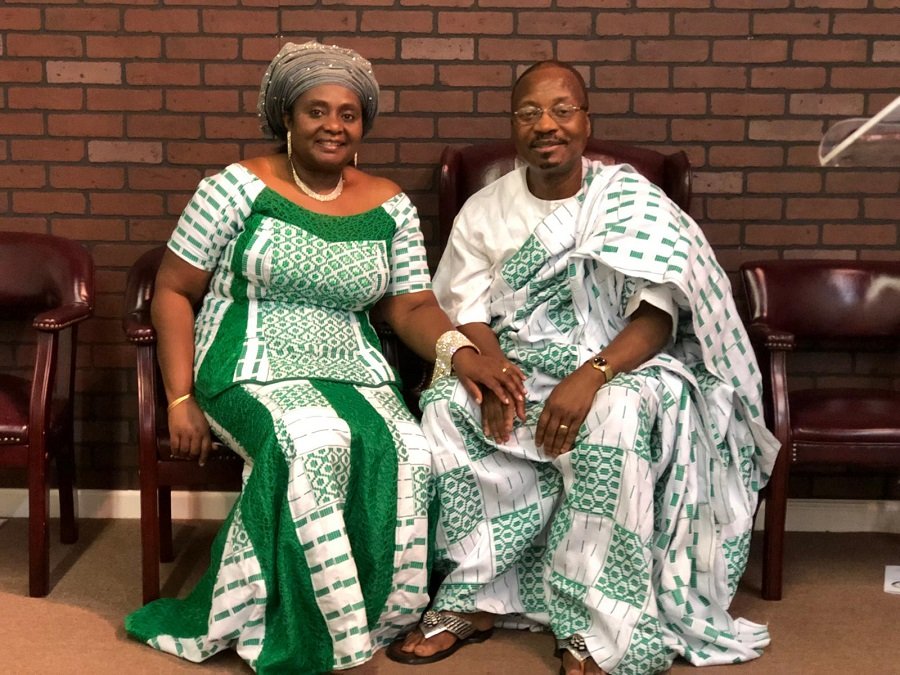
In Ghana’s Christian community and beyond, Rev. Dr Samuel Kisseadoo has become a household name for his practical teachings on marriage, parenting, and relationships.
For more than five decades, he has served as an Evangelist, Preacher, Writer, Counselor, and Teacher, raising a generation of believers whose lives bear testimony to his influence.
Born in Ghana, Dr Kisseadoo’s ministry journey began as early as 1969, during his secondary school days.
With a burden to share the gospel, he began preaching in schools, training colleges, fellowships, and churches across the country.
By the time he left for further studies abroad in 1993, he had already ministered in more than 85 secondary schools, witnessing mass conversions and altar calls.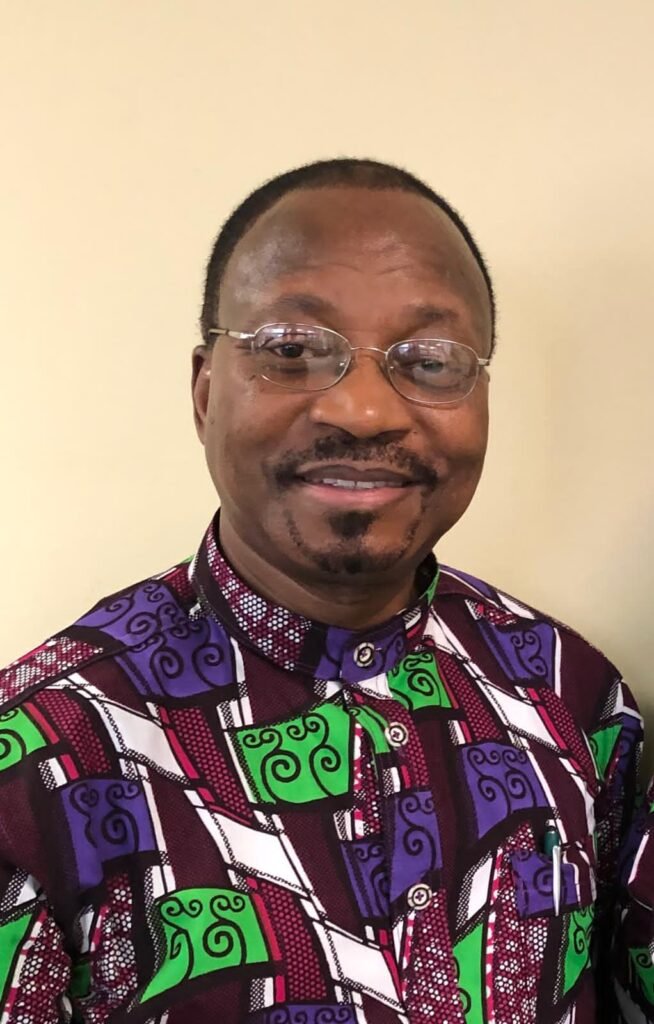
But as he recalls, his concern soon shifted. “I was getting fed up with too many decisions and few disciples,” he said, drawing inspiration from Acts 20:20, which emphasises both public proclamation and personal connection.
This principle-often referred to as the 20/20 vision of the church-shaped the foundation of his ministry: bold public teaching, paired with intimate discipleship through personal touch and attention.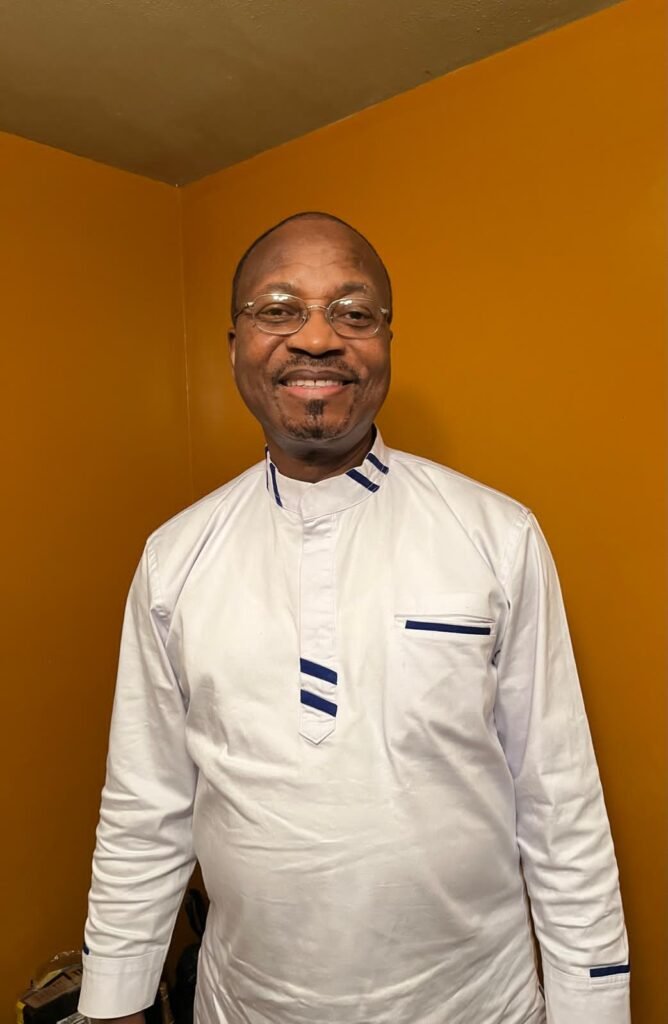
Dr Kisseadoo furthered his studies in the United States, earning his Ph.D. in New York in 1993. While in Holland and later America, he combined academic pursuits with active ministry, teaching and counseling both students and church groups.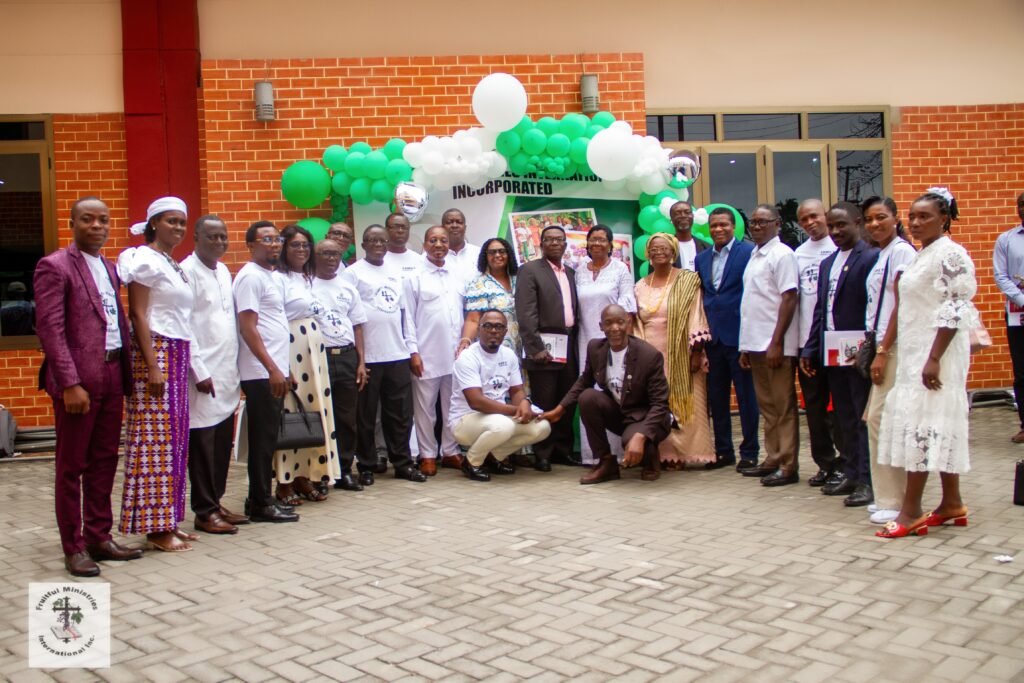
In 1994, after years of shaping lives abroad, he returned home to Ghana, where his ministry took on a national dimension.
In 1999, Dr Kisseadoo’s teachings on Joy FM-particularly his frank discussions on marriage, family, and relationships— drew national attention. His programme resonated deeply with listeners, sparking requests for organised teachings and counseling sessions.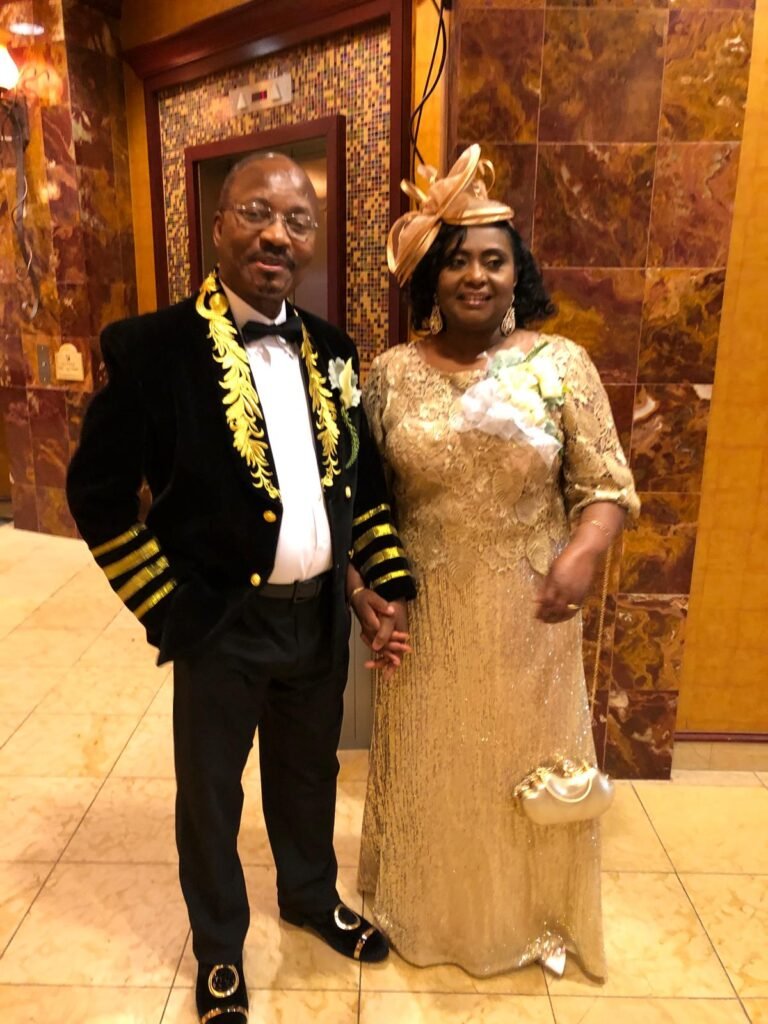
Speaking to The Spectator in an Accra, he said this led to the founding of Fruitful Ministries International, which was officially inaugurated on December 30, 2000, with over 400 participants in attendance despite Accra being choked with jubilant crowds celebrating the election of President John Agyekum Kufuor that same day.
He mentioned that Fruitful Ministries quickly grew into an international organisation, with 21 chapters in Ghana and abroad, structured around five objectives: evangelism, discipleship, prayer and empowerment, leadership development, family, marriage, and relationships.
Its motto, “Family Excellence,” and its theme verse, John 15:16-“I chose you to go and bear fruit that abides”-reflect its central vision: to nurture strong families that produce lasting impact.
“Today the ministry operates in two major zones- the southern zone with 13 chapters and the northern zone with 12 chapters with 36 platforms, ensuring its impact continues to multiply,” he said.
Dr Kisseadoo’s passion for family life and women’s empowerment is rooted in his upbringing. Losing his father at 12, he was raised by a devoted single mother whose resilience left a lasting imprint. “If I had GH¢100 in school, the first thing I would do was buy a gift for my mother,” he recalls.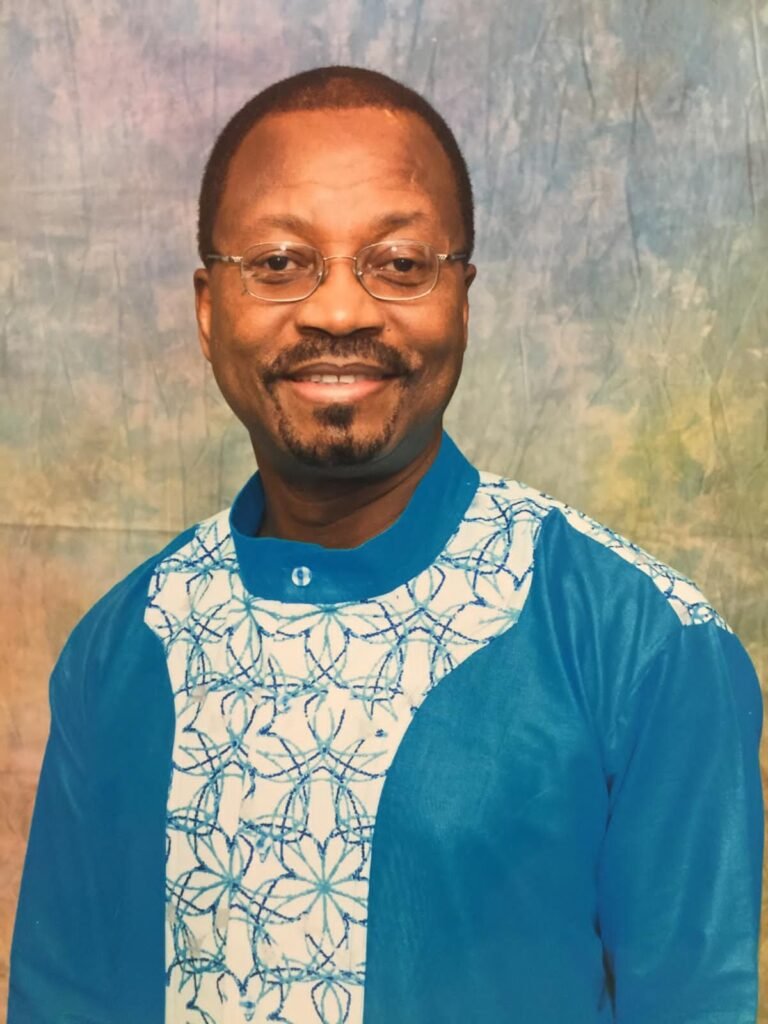
That love and compassion deepened during his campus ministry days at the Kwame Nkrumah University of Science and Technology (KNUST), where he frequently ministered to female students.
His early experiences convinced him that strengthening women, mothers, and families was vital to building a healthier society. “When God came to save humanity, He went to Mary, not Joseph,” he often says, underscoring women’s unique role in nurturing life.
Through initiatives like the Fruitful Ministries Club at Accra Girls Senior High School, hundreds of young women have been trained since 2006 in excellence, character, and preparation for future motherhood and leadership. Graduating students are awarded certificates, affirming their transformation into future pillars of society.
For more than two decades, Dr Kisseadoo has hosted “Hope for Your Family” on Joy 99.7 FM, airing every Saturday morning at 5:30 a.m.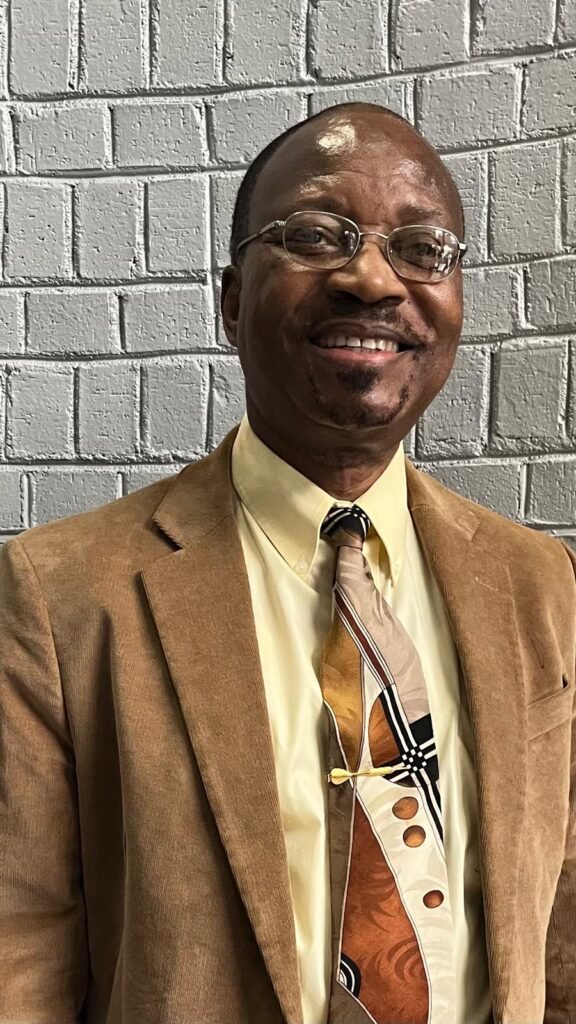
The broadcast has become a lifeline for families seeking guidance on marriage, parenting, and personal development.
He is also a prolific author, having published 32 books covering topics from discipleship to marriage and conflict resolution. His articles have appeared in both local and international publications, extending his reach far beyond the pulpit.
Whether speaking to large crowds, counseling couples, or addressing young people, Dr Kisseadoo’s teachings remain practical and down-to-earth.
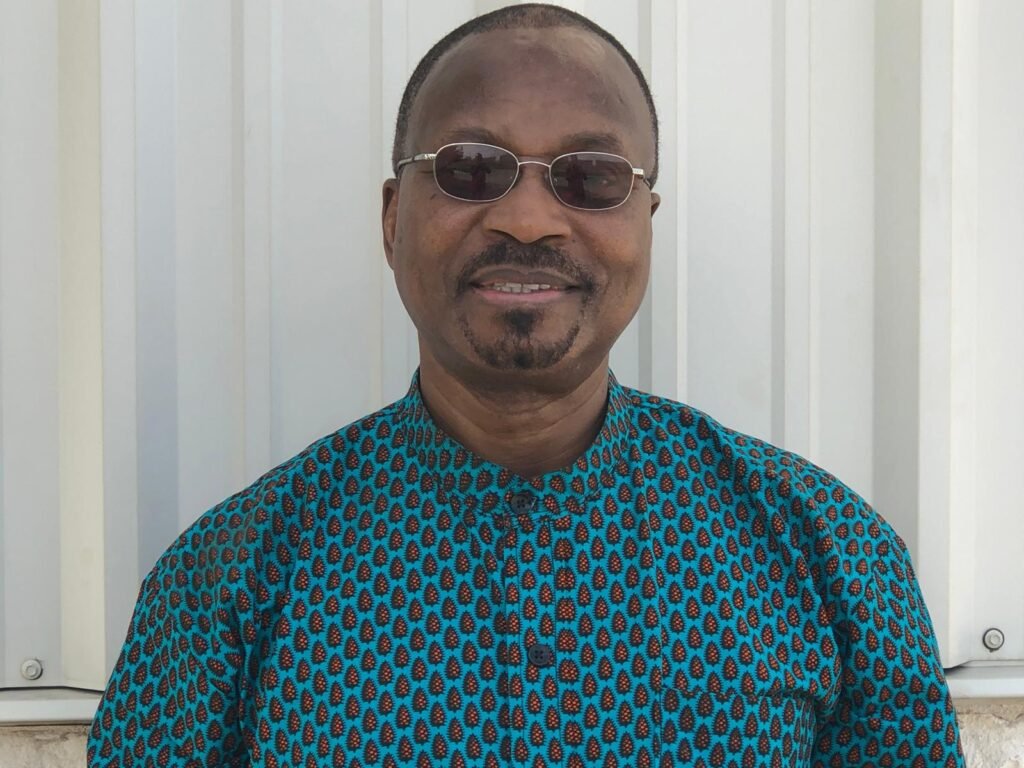
He tackles sensitive issues like sexuality, financial management in marriage, conflict resolution, and parenting with courage and clarity.
“No matter who you are, everything comes back to the home,” he insists. “Your lifestyle at home defines the person you present to the world,” Rev Kisseadoo stated.
He mentioned that despite its growth, Fruitful Ministries faces ongoing challenges. From limited office space to resource constraints, sustaining its operations has not been easy.
According to him, there is also the misconception that, because its founder resides in the United States of America (USA), the ministry was well-funded-a notion far from reality. Recruiting and retaining committed workers has also proven difficult.
But Dr Kisseadoo remains undeterred. “We don’t just want people to go to heaven, we want them to be useful on earth as well,” he said.
Today, Rev. Dr Samuel Kisseadoo is celebrated not only as a preacher but also as a mentor, writer, and counselor whose ministry has raised disciples, leaders, and families across Ghana and the diaspora.
By Esinam Jemima Kuatsinu
Profile
From dormancy to dominance: Rev. Emmanuel D. Niikoi’s inspiring netball journey
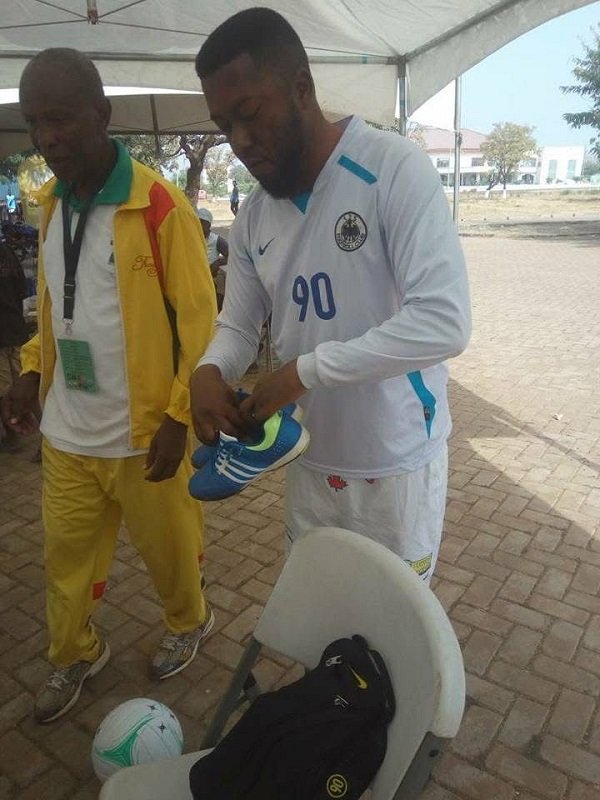
IN the annals of Ghana’s sporting history, certain individuals stand out not merely for participating in sport, but for transforming it.
Rev. Emmanuel D. Niikoi is one such figures. Revered as the father of modern netball in Ghana, is widely credited with rescuing the game from near extinction and transforming it into a vibrant, structured and nationally recognised sports discipline.
His journey reflects vision, resilience and an unwavering commitment to youth and sports development.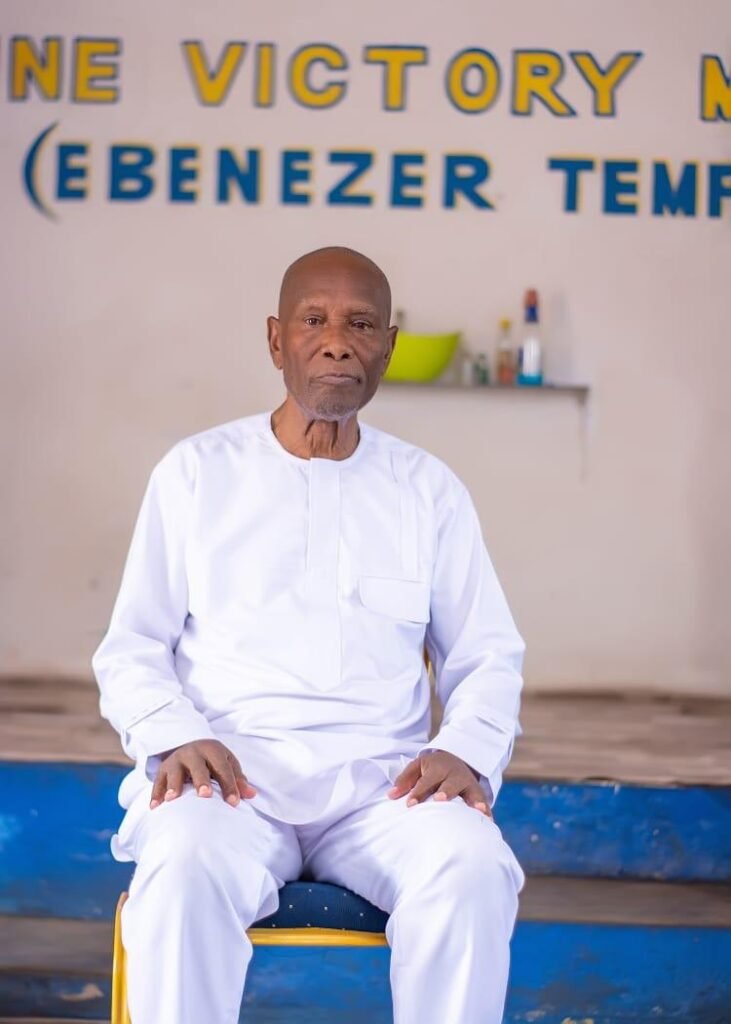
Netball was introduced to the then Gold Coast by Christian missionaries alongside formal education. By the 1960s and early 1970s, the sport had gained remarkable popularity in schools and colleges, ranking second only to football and, in some institutions, rivaling it in appeal.
However, during the 1974/75 academic year, the Ghana Education Service (GES) took a policy decision to step down netball in favour of basketball development. The decision dealt a severe blow to the sport.
Between 1975 and 1985, competitive netball virtually disappeared from Ghana’s sporting calendar.
That decision of the GES can be blamed for the current state of the sports that is producing heroines across the globe.
The revival of the game can be traced to 1985 during the Golden Jubilee celebration of the Ghana Broadcasting Corporation (GBC).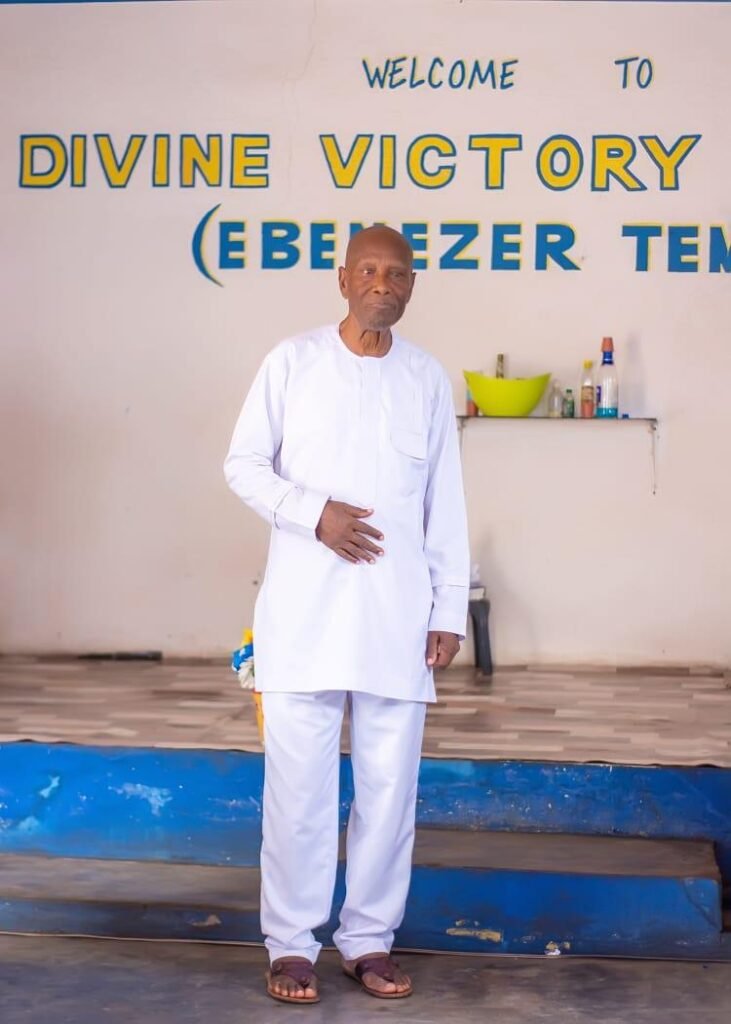
At the time, Rev. Niikoi was serving as Chief Editor (News) in the Radio Newsroom. Understanding both the historical importance and untapped potential of netball, he championed the inclusion of a netball tournament as part of the anniversary celebrations. The event reignited public interest and reminded many of the sport’s former glory.
Crucially, Rev. Niikoi did not allow the momentum to fade after the festivities. The GBC netball team formed for the tournament, aptly named “Golden Hands,” became the cornerstone of a national revival campaign.
With determination and personal sacrifice, he led tours across the country, using the team as a practical training platform.
He personally taught sports teachers under the GES the official rules of netball, reintroduced structured competition, and restored confidence in the sport’s viability.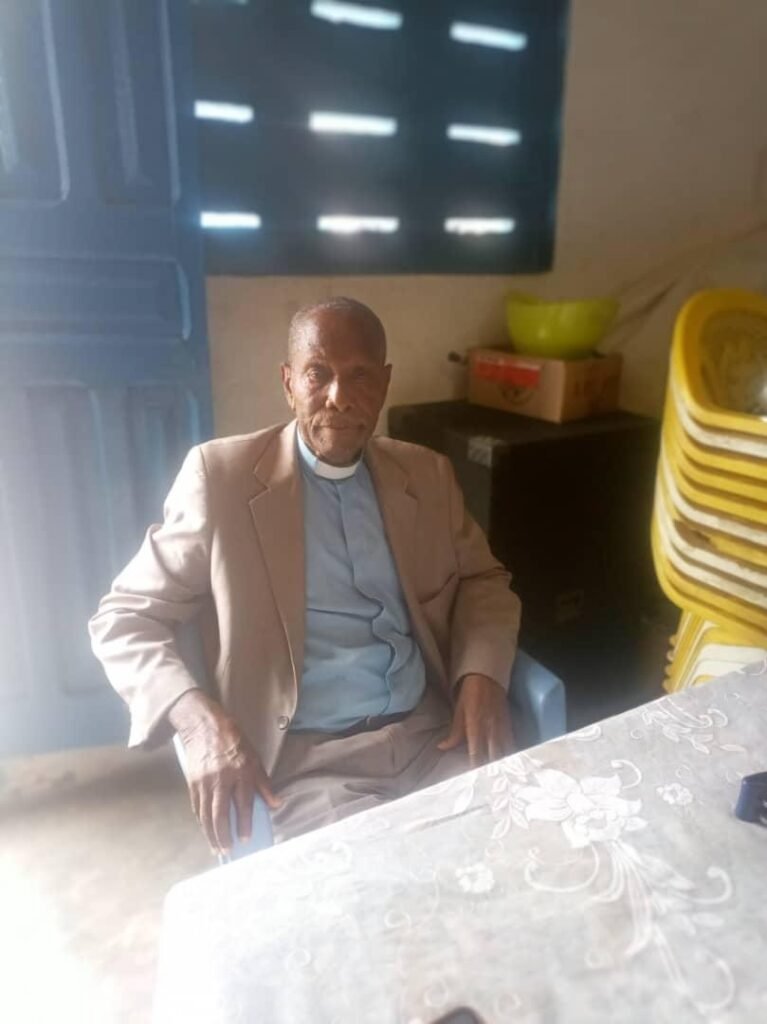
These efforts culminated with the formation of the Netball Association of Ghana in 1988, now known as the Netball Federation of Ghana.
In 1990, the association gained formal recognition from the National Sports Authorities, previously known as the National Sports Council (NSC), restoring netball’s status as an official sporting discipline.
This milestone marked the rebirth of organised netball in Ghana and cemented Rev. Niikoi’s place as founder of the national governing body.
Revival soon transitioned into consolidation. Over the years, Rev. Niikoi consistently lobbied educational and sports authorities to reintegrate netball into major school competitions.
His advocacy led to the sport’s reintroduction into the National Basic Schools Sports Festival, the Senior High and Technical Schools Sports Festival, the Colleges of Education games, and competitions under the Ghana University Sports Association (GUSA).
Today, netball is played across the entire educational structure in Ghana, from basic schools to public universities, a testament to his sustained and strategic efforts.
On the continental and global front, Ghana is a full member of World Netball and was a founding member of the Confederation of Africa Netball Associations (CANA), now Africa Netball.
In 2004, Ghana hosted the inaugural Africa Netball Cup of Nations in Accra and emerged champions after defeating Namibia in the final. The victory not only boosted Ghana’s sporting image but also validated years of groundwork.
In 2007, Rev. Niikoi was elected Director of Marketing and Media for CANA, serving a four-year term and contributing to the sport’s development across the continent.
In 2019, following governance reforms required by the International Olympic Committee to lift sanctions related to state interference in sports administration, national federations were mandated to adopt independent constitutions. Under this new framework, the Netball Federation of Ghana successfully drafted its constitution and conducted elections.
On June 19, 2019, Rev. Niikoi was elected the federation’s first President under the independent constitutional order which is symbolic and deserved recognition of decades of service.
Beyond netball administration, Rev. Niikoi also served two terms spanning eight years from March 2018 to March 2025 as an Executive Board Member of the Ghana Olympic Committee.
His presence on the board ensured that netball maintained visibility within Ghana’s broader Olympic movement.
A Bachelor of Arts graduate in Combined Honours (History and Law), Rev. Emmanuel D. Niikoi has trained numerous coaches and umpires nationwide, strengthening the sport’s technical foundation and ensuring sustainability.
His leadership style combines administrative discipline with grassroots engagement, making him both a strategist and a mentor.
From dormancy to dynamism, the resurgence of netball in Ghana bears his unmistakable imprint. Through advocacy, institution-building and capacity development, Rev. Niikoi has secured a lasting legacy.
Today, every netball match played in Ghana, whether at a basic school court or a university festival stands as living testimony to his vision and perseverance.
By Esinam Jemima Kuatsinu
Profile
Autism Awareness Care & Training: Pioneering autism care, inclusion in Ghana
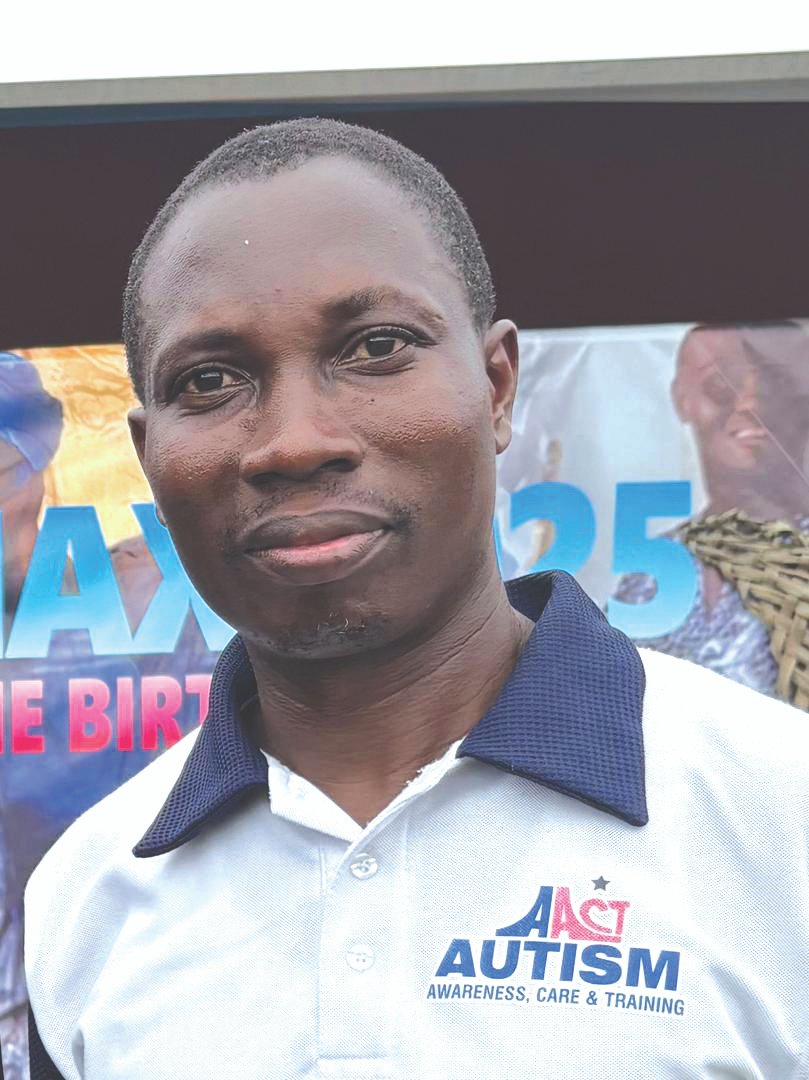
AUTISM Awareness Care and Training (AACT) is Ghana’s first autism-focused centre, playing a pioneering role in the care, education, and advocacy for children on the autism spectrum and their families.
Established in 1998, AACT began as a parent-support and training initiative at a time when autism was poorly understood in Ghana. Many families raising autistic children faced stigma, isolation, and limited access to information or professional assistance.
Over the years, the organisation has evolved into a full-fledged autism care and training centre, responding to the growing demand for specialised services and sustained nationwide awareness.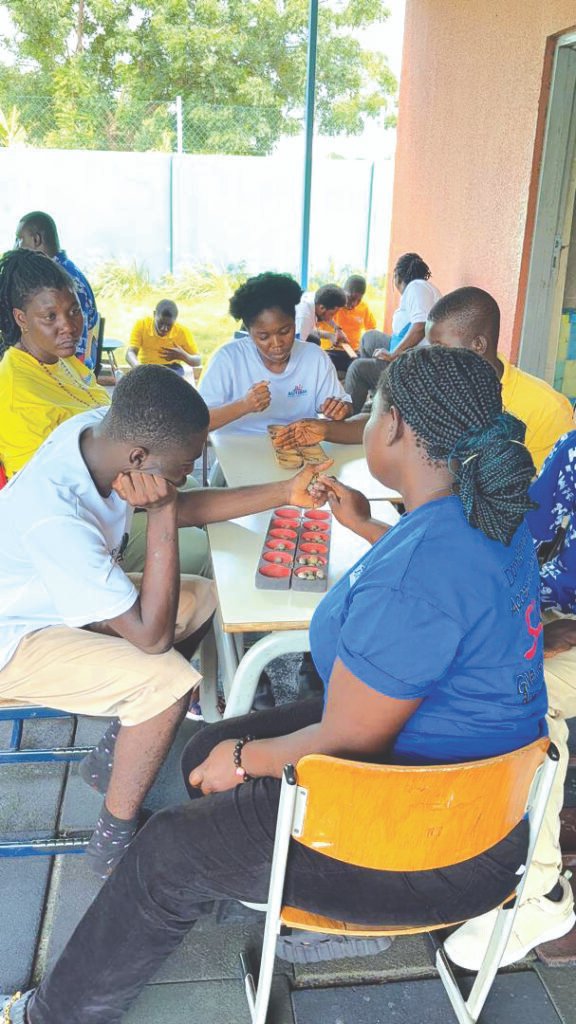
AACT is currently located in Haatso, Accra, where it operates a structured day programme serving about 25 learners daily. The centre provides a safe, inclusive, and supportive environment where children with autism are guided to develop essential life, social, and functional skills.
Programmes at the centre focus on independent living skills, vocational and pre-vocational training, functional academic skills, and therapeutic interventions. These activities are tailored to the individual needs of each learner, recognising that children on the autism spectrum learn and develop at different paces.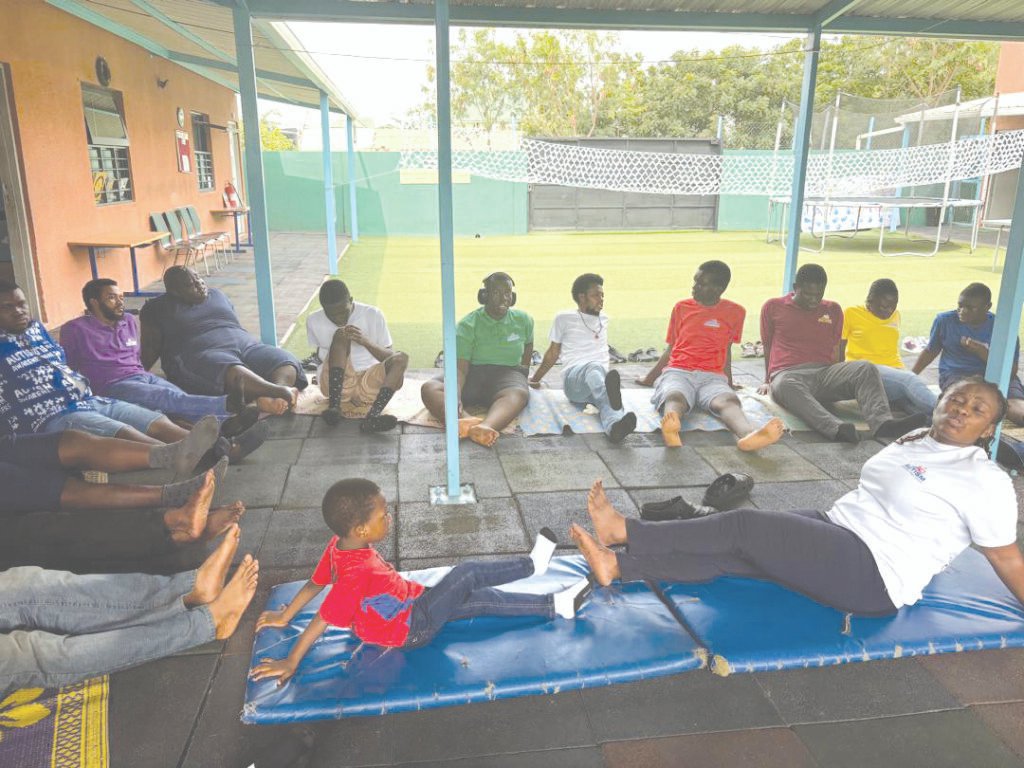
According to Abeiku Grant, Head of Programmes at AACT, the centre’s philosophy is centred on ability rather than limitation.
“Every autistic child is different,” he said. “Our work is to support them at their own pace and help them discover what they can do, not to focus on what they cannot do.”
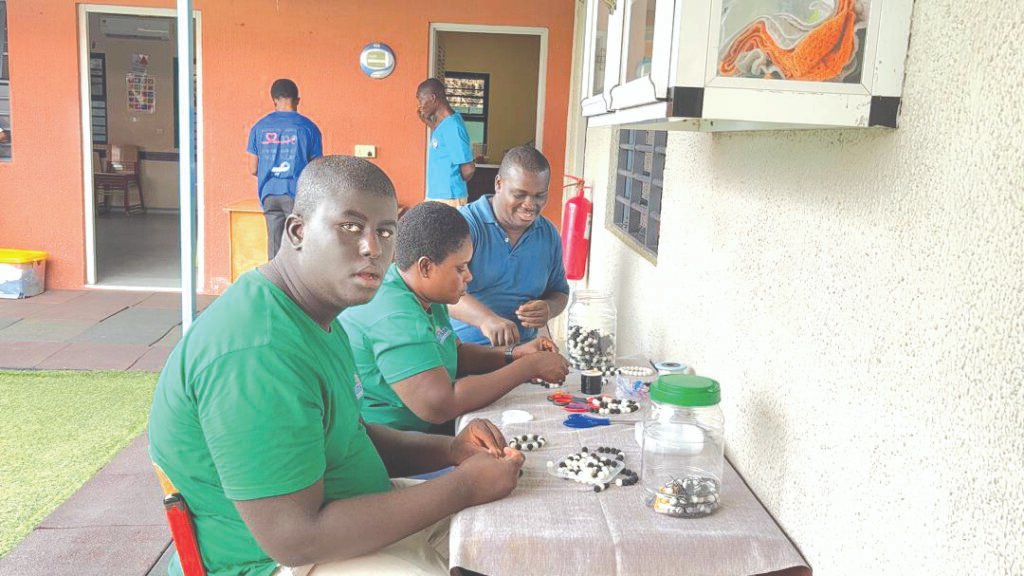
Beyond centre-based services, AACT places strong emphasis on autism awareness and advocacy, particularly within schools and communities. Many children with autism in Ghana continue to face rejection and exclusion due to stigma, misinformation, and the lack of trained personnel in educational institutions.
In 2025, AACT reached over 20 schools across the country, providing autism education to teachers, students, and school administrators.
The organisation also runs free teacher training programmes, equipping educators with practical knowledge and basic tools to support autistic learners in inclusive classroom settings.
“Many schools tell us they are not resourced or trained to handle autistic learners,” Mr Grant explained. “Instead of waiting for change, we decided to go to them and train teachers for free.”
AACT also engages learners directly, addressing widespread misconceptions about autism, including the false belief that autism is contagious or caused by bad parenting. These outreach programmes aim to build empathy among students and promote peer support for autistic learners in mainstream schools.
Another major challenge confronting families is limited access to autism services, especially outside Accra. With most autism centres concentrated in the capital, many families from other regions are forced to travel long distances or keep their children at home due to cost, stigma, or lack of support.
“Education is not meant only for typical children,” Mr Grant stressed. “Children with autism also have the right to education and care. No child should be hidden because of lack of understanding or opportunity.”
As part of its outreach work, AACT supports parents to overcome stigma and encourages social interaction for children with autism, believing that community engagement is essential for development and confidence building.
In December 2025, the centre received what it described as its largest donation of the year, raised by children from the Unmasked Mentoring initiative. According to the organisation, the donation was particularly significant as it demonstrated empathy and social responsibility among young people.
As a non-governmental, non-profit organisation, AACT depends largely on donations, partnerships, and goodwill to sustain and expand its work. Current needs include a minibus for community-based social activities, expansion of its facility to accommodate more learners, sponsorship support for children from financially challenged families, and funding to scale autism awareness programmes nationwide.
Looking ahead, AACT envisions a Ghanaian society that is inclusive, informed, and supportive of persons with autism.
“Our goal is a Ghana where children with autism are accepted and supported,” Mr Grant said. “Every child has potential. All they need is understanding, opportunity, and care.”
By Esinam Jemima Kuatsinu

